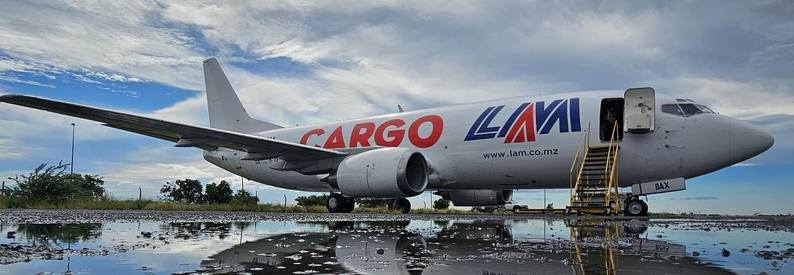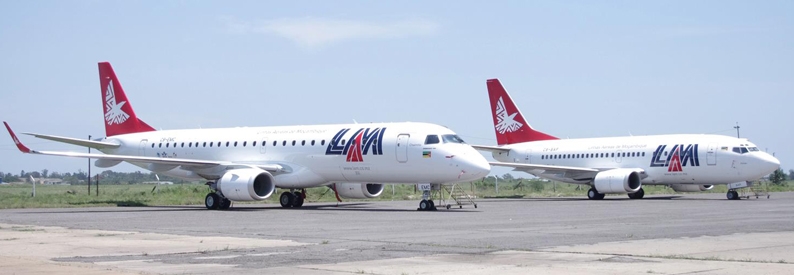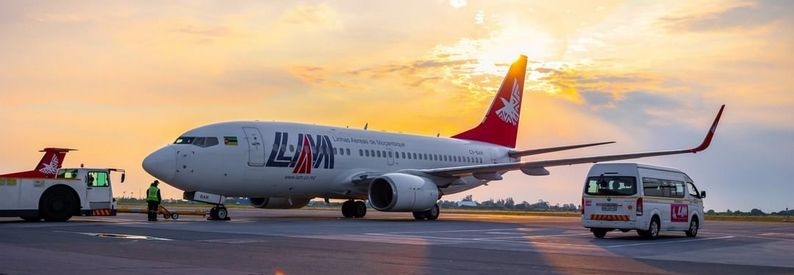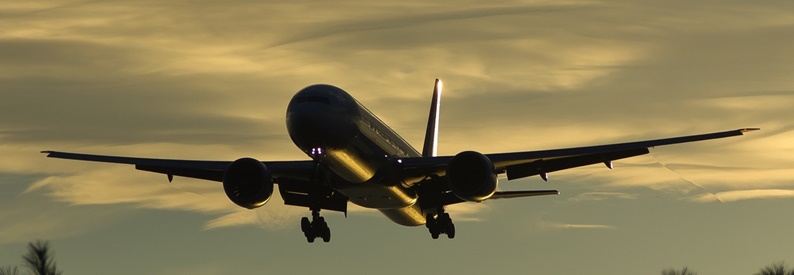Fly Modern Ark (Johannesburg O.R. Tambo) has submitted a proposal to the Zimbabwean government in which the South African start-up would equip Air Zimbabwe (UM, Harare International) with Xian Aircraft Company turboprop equipment in return for a 25% stake in the state-owned airline.
Documents seen by The Herald newspaper this week indicate Fly Modern Ark had valued its 25% stake at around USD220 million. Of that sum, USD193 million would be used to acquire ten new MA-60 turboprops for Air Zimbabwe along with two MA-600(F)s.
An additional USD16.1 million would be used for training, spares, tooling and technical support, while USD10.9 million would be spent on operations, safety and marketing. Air Zimbabwe is an existing MA-60 operator with three acquired from China during the last decade.
A separate carrier, Fly Modern Ark South Africa, would also be established in South Africa to feed traffic into Air Zimbabwe's Harare International hub. Management would be elected by both Air Zimbabwe and Fly Modern Ark.
Air Zimbabwe has been unable to attract any meaningful investment owing to a USD300 million debt overhang racked up during the former Robert Mugabe regime. However, following Mugabe's overthrow in a de-facto military-backed coup in November, Zimbabwe's newly installed president, Emmerson Mnangagwa, has attempted to shore up international support for his government's efforts to revive the moribund Zimbabwean economy.
Earlier this month, Transport minister Joram Gumbo told the Daily News in an interview that despite injecting fresh funds into the airline earlier this year, Air Zimbabwe was still making USD2 million in monthly losses. As such, given its poor financial standing, it had failed to secure any meaningful interest from potential strategic partners.
“Cabinet approved the recapitalisation of AirZim. After the approval, we went around to negotiate with at least 12 airlines which included two African airlines, Ethiopian Airlines and Kenya Airways," he said. "We also targeted Malaysia Airlines, Lufthansa, Qatar Airways, Turkish Airlines, Emirates, Qantas, Singapore Airlines, and Air China but we discovered that we were not going to succeed in our negotiations because AirZim’s financials are in shambles and they were not attractive to any one of the airlines to try and go into partnership with us."
According to the minister, despite Malaysia Airlines' unwillingness to partner Air Zimbabwe, it did signal its willingness to sell the carrier its fleet of B777-200(ER)s.
“So I started negotiating to buy and so I informed government that I had clinched a deal with Air Malaysia [sic] to buy four Boeing 777 planes at USD70 million for all of them and I thought this was a good deal for Zimbabwe. But again government failed to raise the money. I was buying these for AirZim," he said.
With the government unable to acquire the four widebody jets, Gumbo says he then turned to expatriate Zimbabweans resident in the United Arab Emirates and Europe to finance the purchase. This then lead to the establishment of the Zimbabwe Aviation Leasing Company (ZALC). Gumbo said government’s role in the project was to facilitate the deal after initial efforts to revive Air Zimbabwe had fallen through. As it stands, ZALC has already acquired two B777s - msn 28421 and 28422 - and is currently looking to raise the funds needed to acquire the remaining two.
The quartet of B777s was originally destined for use by the much vaunted Zimbabwe Airways (Harare International). Following Mugabe's overthrow, Air Zimbabwe's Chief Operating Officer, and Robert Mugabe's son-in-law, Simba Chikore, resigned amid allegations he was secretly a front for Zimbabwe Airways despite his key role at Air Zimbabwe.
Given the start-up's alleged murky ties with the former Mugabe regime, and in light of President Mnangagwa's eagerness to distance his administration from that of his predecessor, it is unlikely Zimbabwe Airways will now see the light of day.
“The deal is now being scrutinised and once that is completed, the President will be advised to block it. Already, a process is underway to resuscitate AirZim. The airline wants to lease new equipment and increase its frequency on lucrative domestic and international routes,” an aviation source told The Zimbabwe Independent earlier this month.




